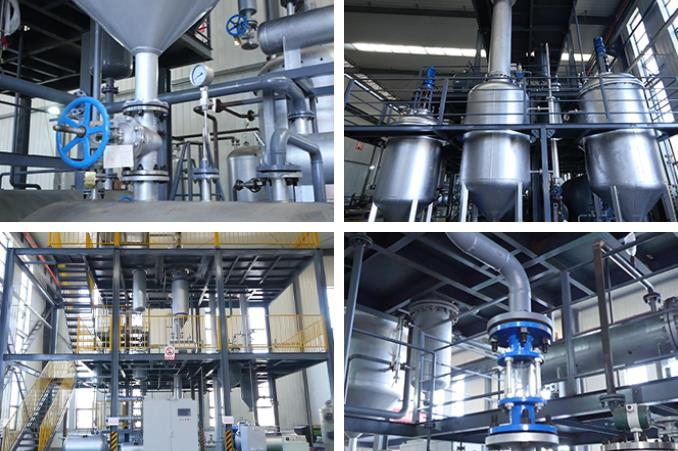Used motor oil, or waste oil, is a byproduct of internal combustion engines. It is a hazardous waste that can contaminate the environment if not disposed of properly. However, used motor oil can also be recycled and used to produce new lubricants and other products.
The Different Methods of Recycling Used Motor Oil
There are several different methods of recycling used motor oil. The most common methods include:
Vacuum distillation: This is the most common method of recycling used motor oil. It involves heating the oil to a high temperature under a vacuum, which separates the oil into its base components. The base components are then refined to produce new lubricants.
Chemical treatment: This method involves using chemicals to remove contaminants from the oil. The treated oil can then be blended with new oil to produce lubricants.
Hydrotreating: This method involves using hydrogen to remove contaminants from the oil. The treated oil can then be blended with new oil to produce lubricants.
Re-refining: This method involves using a combination of distillation, chemical treatment, and hydrotreating to remove contaminants from the oil. The re-refined oil can then be used as a base oil for new lubricants.

Why Recycle Used Motor Oil?
There are several reasons to recycle used motor oil. These include:
Environmental protection: Recycling used motor oil helps to protect the environment by preventing it from contaminating water sources, soil, and wildlife.
Conservation of natural resources: Recycling used motor oil helps to conserve natural resources by reducing the demand for new oil extraction.
Economic savings: Recycling used motor oil is often more cost-effective than disposing of it as hazardous waste.
Job creation: The used motor oil recycling industry creates jobs in collection, transportation, refining, and reprocessing.
Waste Oil Recycling Plant
A waste oil recycling plant is a facility that collects, transports, and processes used motor oil. The plant uses one or more of the methods described above to recycle the oil into new lubricants or other products.
Waste oil recycling plants play an important role in protecting the environment and conserving natural resources. They also help to create jobs and boost the economy.
The Future of Used Motor Oil Recycling
The future of used motor oil recycling is bright. The demand for recycled lubricants is growing, and technological advancements are making recycling more efficient and cost-effective.
In the future, we can expect to see even more used motor oil being recycled and used to produce new products. This will help to protect the environment, conserve natural resources, and create jobs.
Conclusion
Recycling used motor oil is an important environmental and economic activity. It helps to protect the environment, conserve natural resources, and create jobs. The future of used motor oil recycling is bright, and we can expect to see even more used motor oil being recycled in the years to come.
